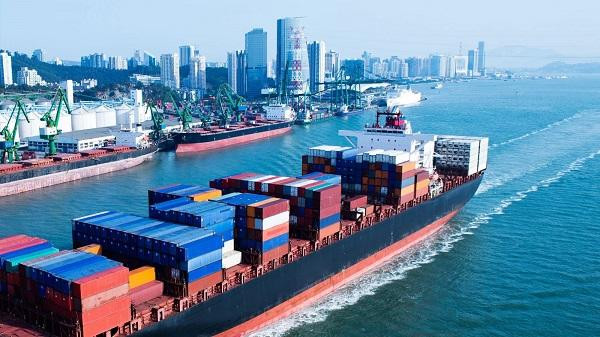In trading relationships with foreign partners, most Vietnam's enterprises have faced many disadvantages so far, and these mainly come from terms and conditions of sales contracts.
Many Vietnam’s enterprises today have not taken the matter of contracts seriously, thus, their contracts normally have simple sketchy terms only. It is these problems that made them encounter many diffculties if there are risks.

However, there is also a part of businesspeople who are aware of risks management in implementing foreign trade contracts. But due to some certain restrictions, they have to accept to sign contracts that contain many unfavorable terms. So where do weaknesses of Vietnamese enterprises come from? Here are some of the most prominent reasons:
The first problem, our enterprises- in the role of exporters- lack human resources with knowledge on the market and foreign language ability. It is necessary to make clear that foreign language ability here is the ability to used specialized foreign language, to understand terms and nature of each condition and term on the basis of customs, practices and international rules, not simply the ability to communicate in a foreign language. The matter has long been confused because many people think those with IELTS or TOEFL certi cate are competent. That is not that simple. There are a few examples, in a FOB contract, there is a term “Laytime at port of discharging shall commence the next working day at 0800 hours a er notice of readiness (NOR) has been tendered during ordinary o ce hours 0900 until 1700 hours Monday to Friday and from 0900 hours until 1200 hours Saturdays whether in berth or not whether Customs cleared or not whether in free pratique or not”. This clause is basically normal because it is also mentioned in Gencon. However, if you have a closer look, it will be detrimental to the seller, and vice versa if in the CIF contract in which we are the buyer, we will also face the same disadvantage.

So what is the disadvantage here? at is the risk that your business will be ned (demurrage) is very high because if when the ship enters the port for freighting, it has not completed customs declaration or has not been cleaned, or has not been declared and inspected... then our enterprises cannot loading or unloading, while laytime still counts. But the time of customs declaration, ship inspection, dra assessment, ship cleaning ... often takes a lot of time and depends on many different parties. Therefore, businesses will not be able to control when they can o cially start freighting, and then encroach to laytime. Besides if term for freighting tie is “Whether working days Sunday Holiday excepted unless used”, the risk of being ned is higher. The fines for delaying in voyage chartering are high, from a few thousands to dozens of thousands dollars a day. If enterprises’ personnel do know it clearly, there will be a huge amount of financial loss for each shipment.
The second problem is, enterprises who import under CFR or CIF terms. Under these conditions, the seller, charterer, and Vietnamese importers do not have the right to transport. Therefore, if the regulations on ships are not strictly regulated, they will easily face disadvantages, especially the age of the ship. The right to charter belongs to partner, but in the foreign trade contract, if there is a regulation on the age of the ship, usually stipulates that the age of the ship is not more than 25 years old. However, in some other cases, the age of the vessel is not specified in the contract. This causes a number of risks for the buyer, that is, the risks of ships as ship’s hidden defects, ships without seaworthiness, owner’s nancial losing... Regarding the ship's hidden defects, this is the risk of the carrier's immunity under the Hague/ Brussels Convention 1924 and Hague Visby 1968, so if there is damage to the goods, the carrier will not be responsible for compensation. If the goods are insured, the insurance also excludes liability because the insurance will consider the ship's defect as an inherent defect of the ship, and the inherent defect of the ship is the risk of unseaworthiness.

Meanwhile, the risk that the ship is not seaworthy, under insurance conditions C, B, even class A, the insurer also refuses to pay because this is a general exclusion risk. In other words, if the members who are responsible for signing foreign trade contracts and performing the contract do not understand the relationship between the rules, the system of customs and loopholes of these rules constitutes a chain of associated potential risks that the person who does not anticipate the risk will bear. As a result, the nancial loss for enterprises will be very heavy.
The above are two of the many reasons that cause disadvantages for Vietnamese import-export enterprises. In addition to these two problems, there are many other causes, for example, weakness in negotiation, negotiation skills, psychological ability in negotiation, wrong business strategy and negotiation strategy, lack of understanding of market and needs, not understanding partners... leads to weakness in relationships.